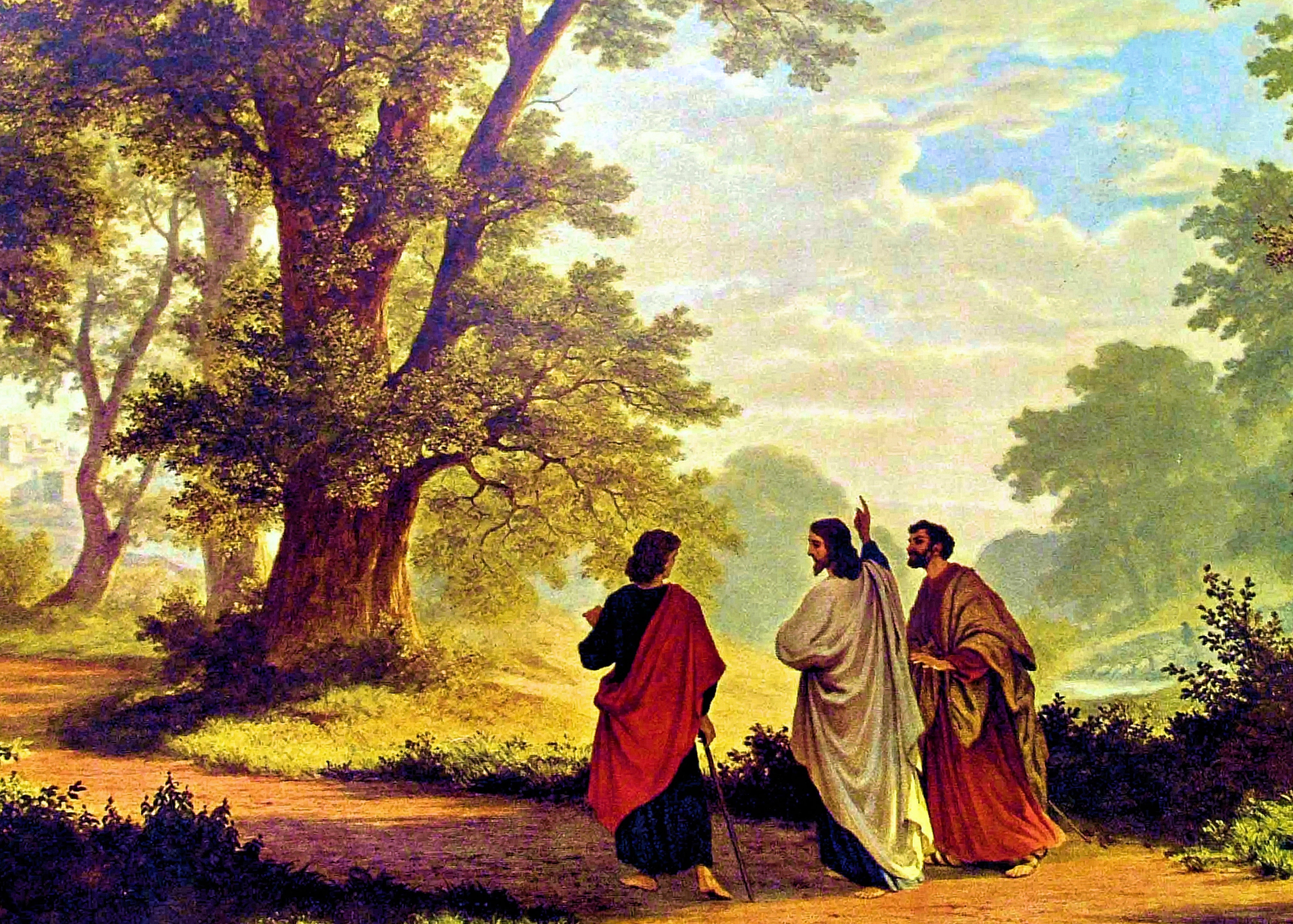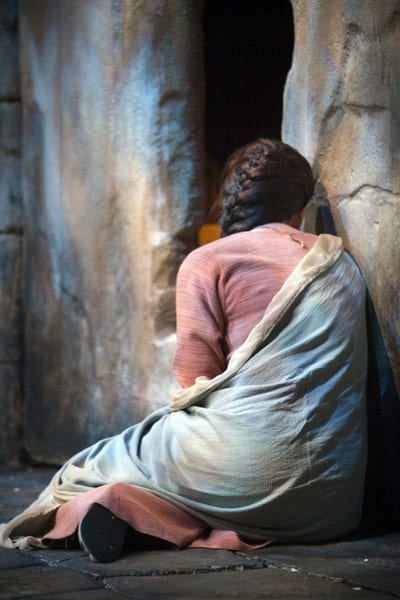The chief priests and elders in today’s First Reading have no more cards to play. A crippled man had been healed in Jesus’ name, and two uneducated men, Peter and John, were proclaiming the Gospel and converting thousands. The saddest thing is that the priests and elders still think they have some cards to play: they think just on their moral and religious authority they can forbid Peter and John from preaching in Jesus’ name (an expression that also refers to Jesus’ authority), but, in addition to not really having any authority anymore, Peter does not recognize it, because he has received his authority from the Son of God, who has proven his credentials by rising from the dead.
The priests and elders do not realize it, but they’re looking at their replacements. The end of today’s Gospel narrates Jesus commanding the Apostles to go out into the whole world and preach the Gospel. The priests and elders cannot countermand that, even though they try. The Apostles are now entrusted with caring for and teaching the People of God, not the priests and elders, who have lost credibility and can’t try covering things up anymore using their authority and their scheming. Their threats are now empty.
Today as disciples we have to face secular authorities or authorities of other religions who try to make us obey them instead of God. Let’s ask for the grace and eloquence of the apostles, always putting obedience to Christ in first place and giving witness to our faith.
Readings: Acts 4:13–21; Psalm 118:1, 14–15b, 16–21; Mark 16:9–15. See also Easter Saturday.


